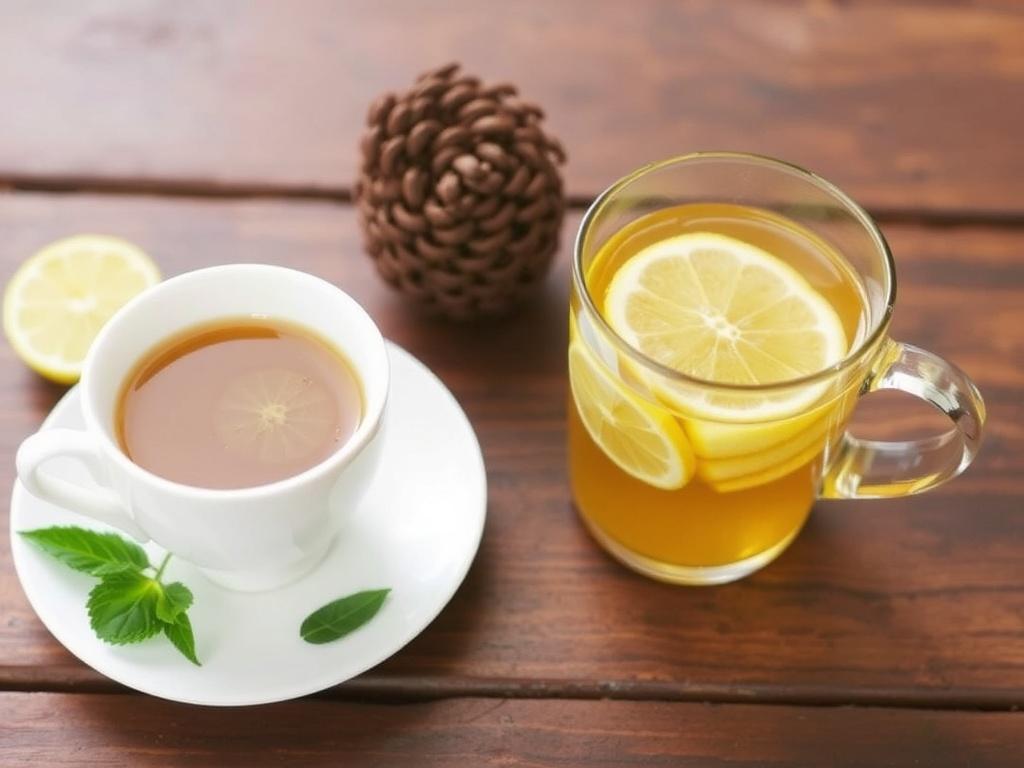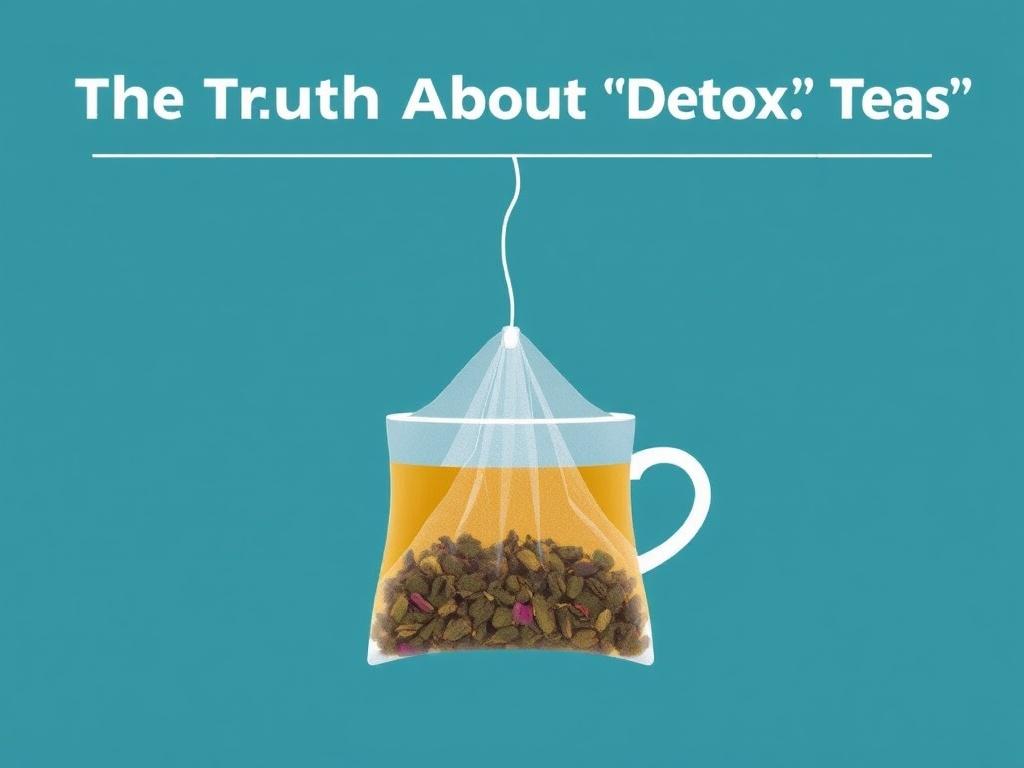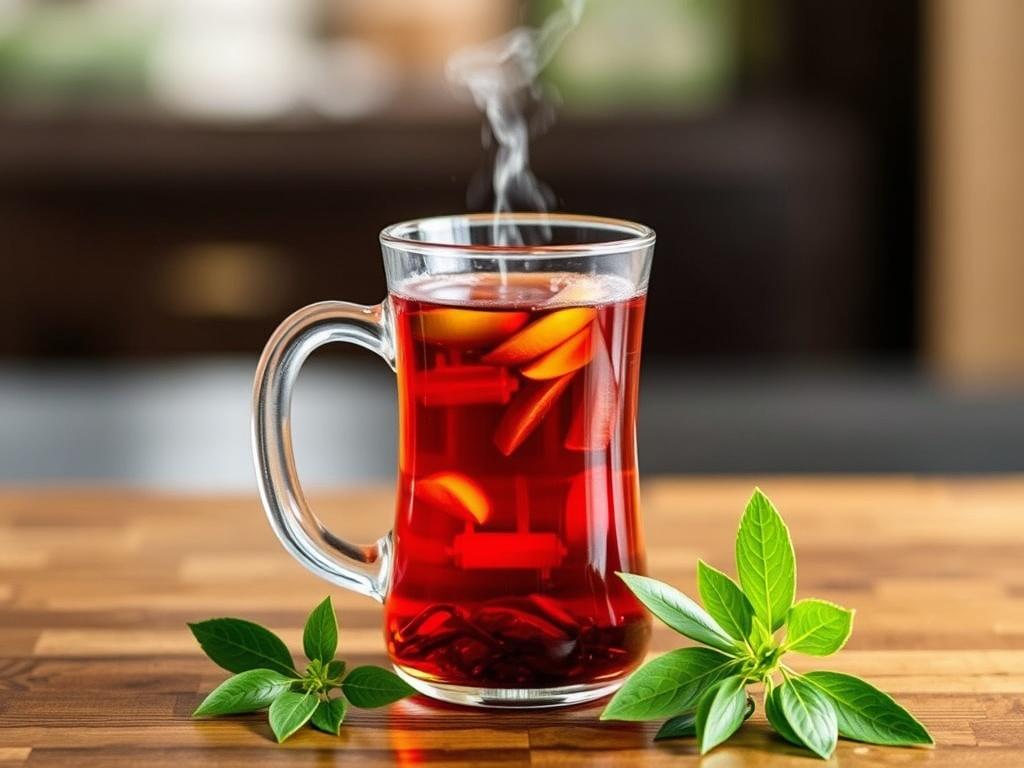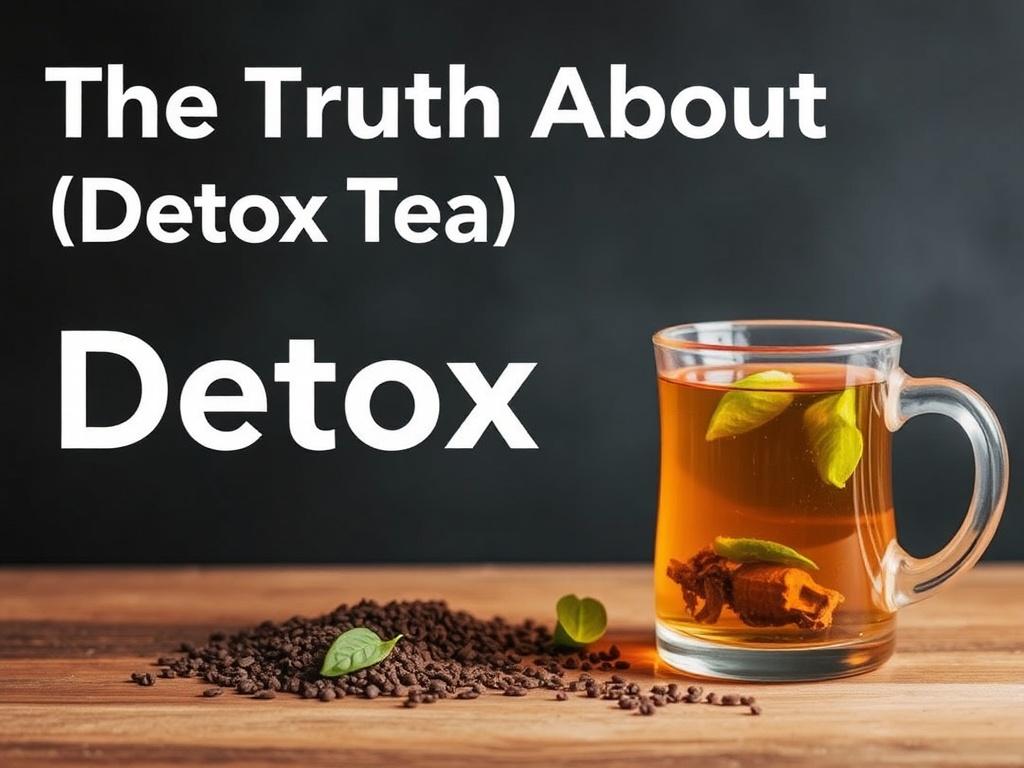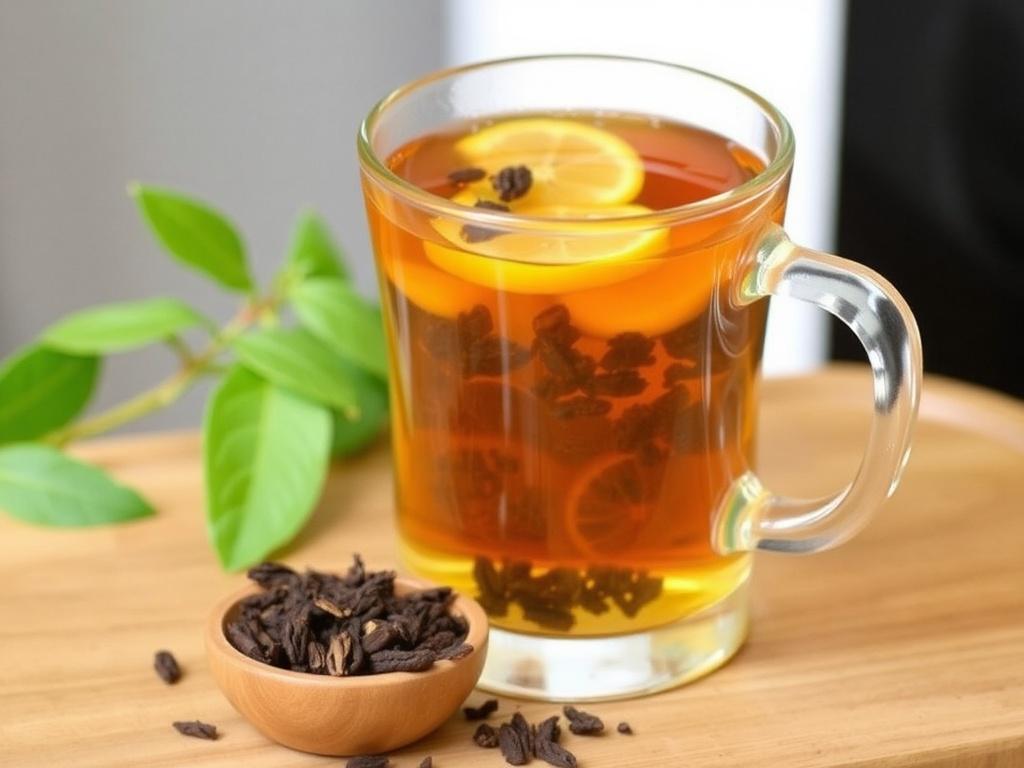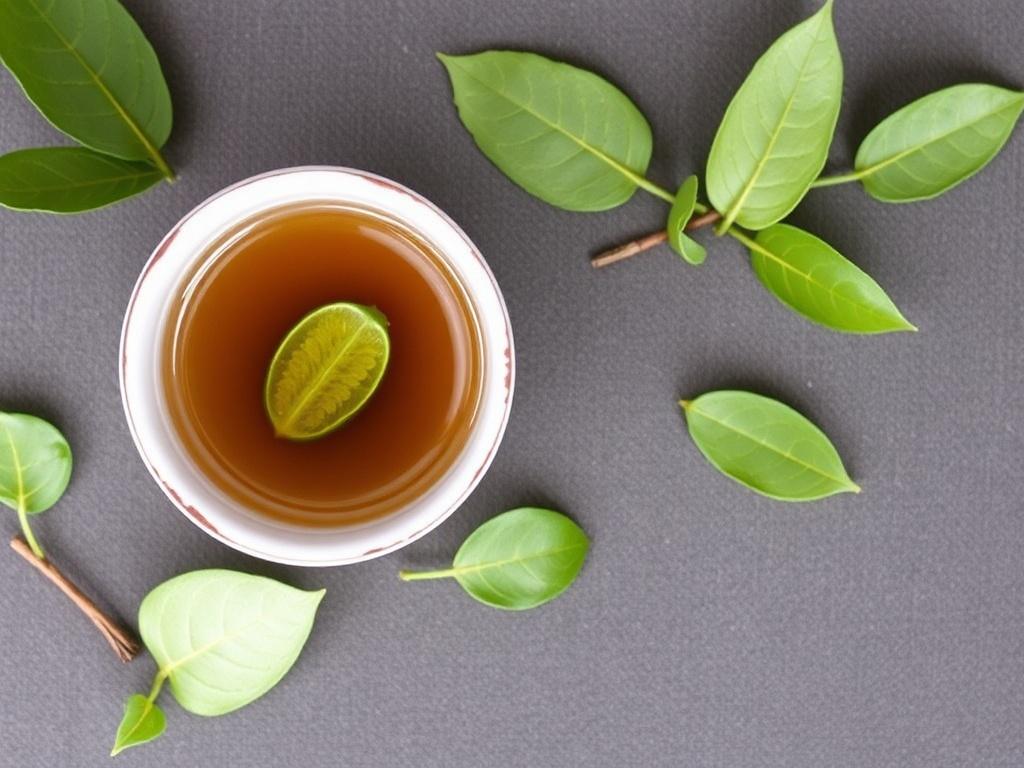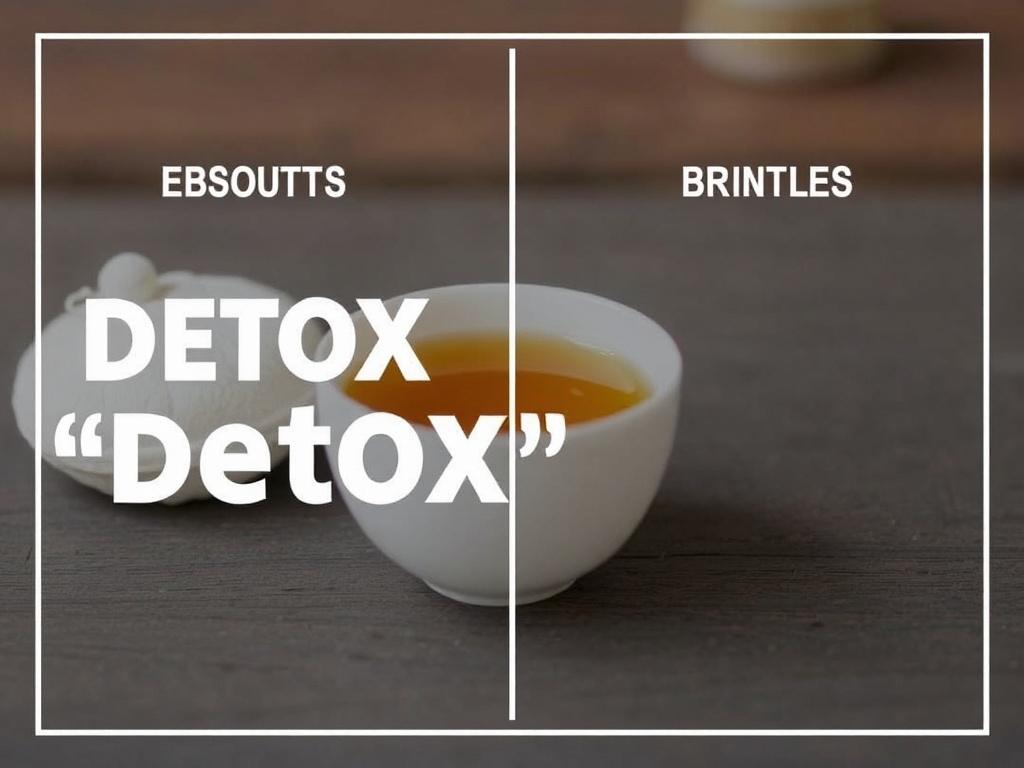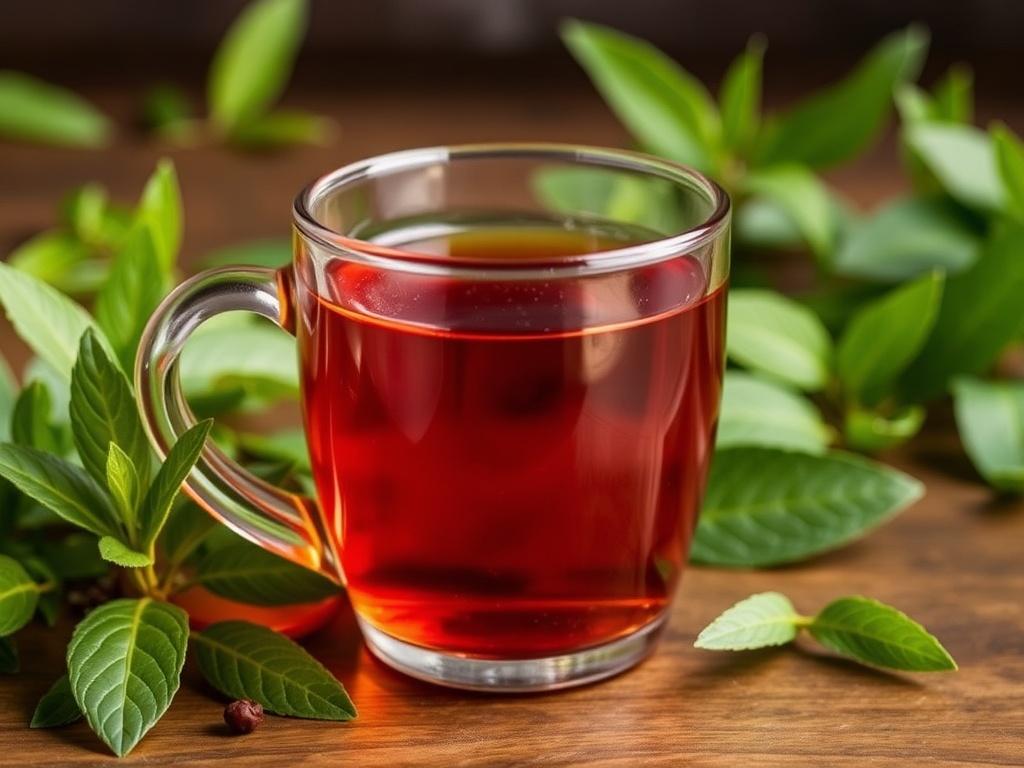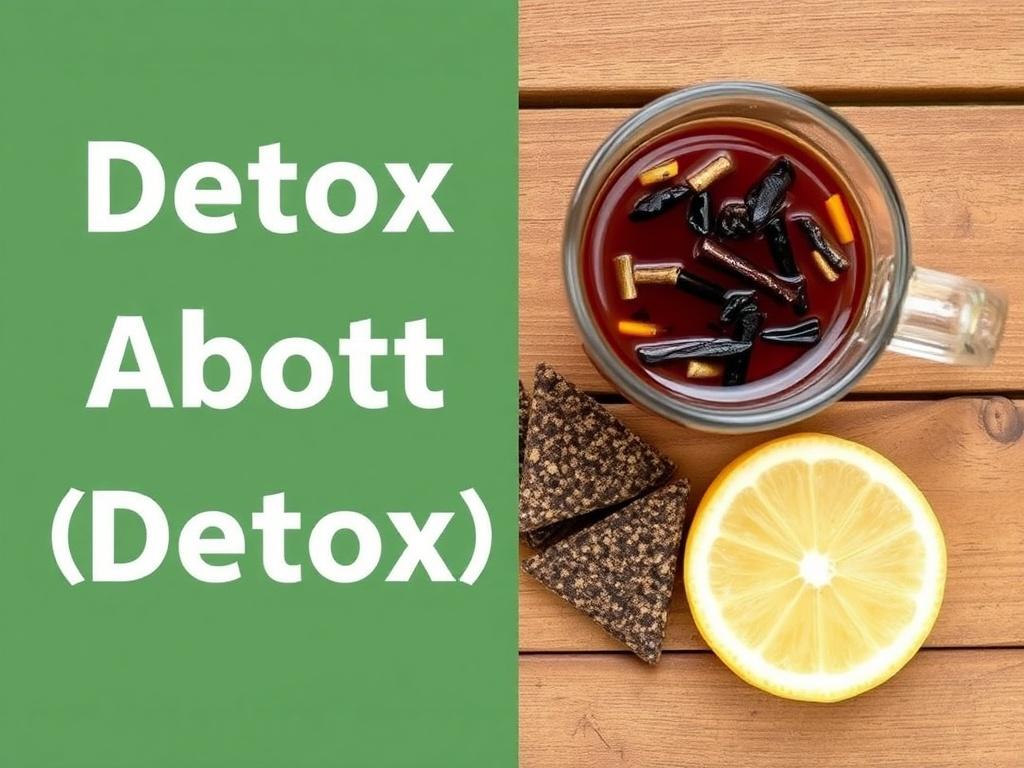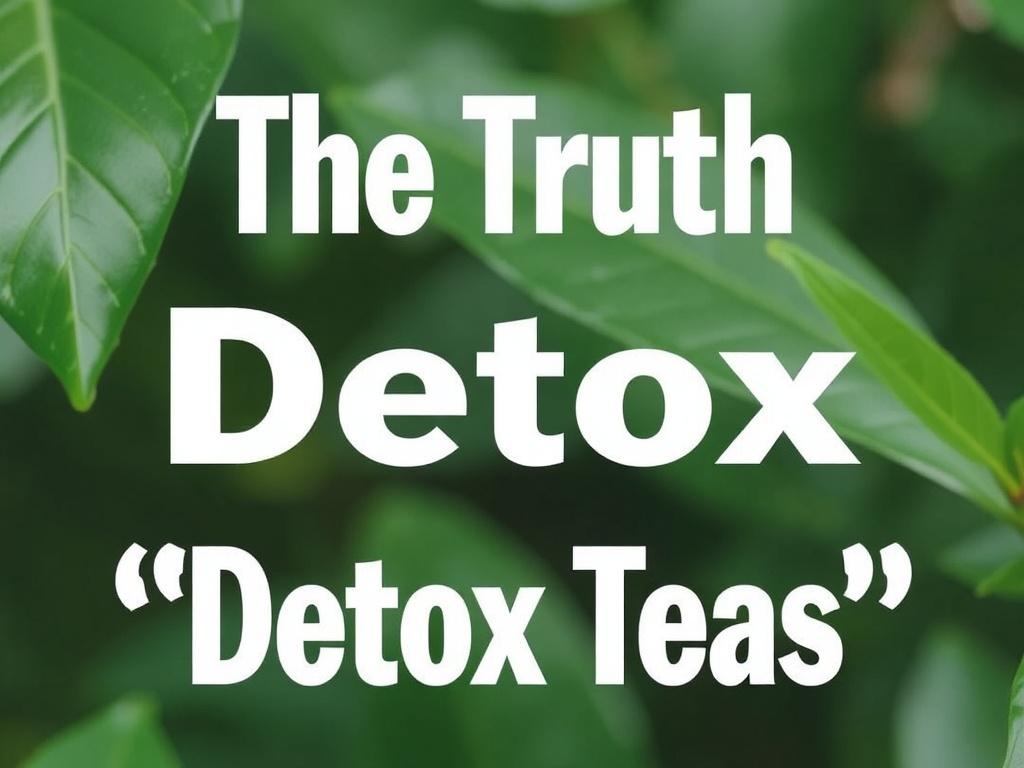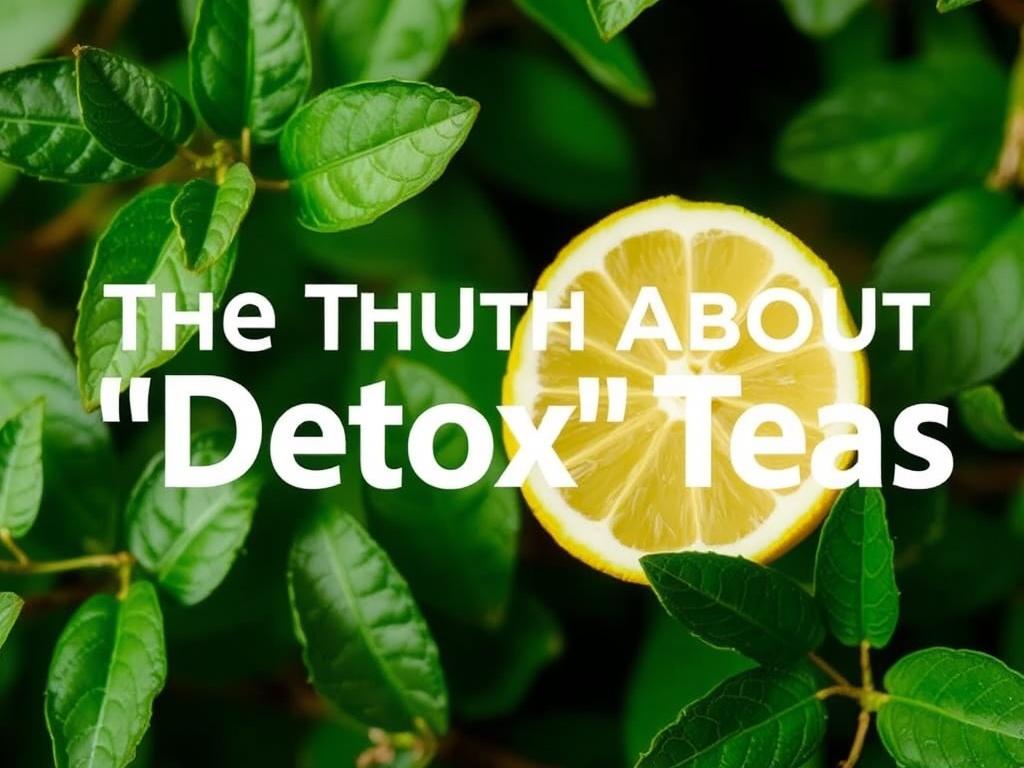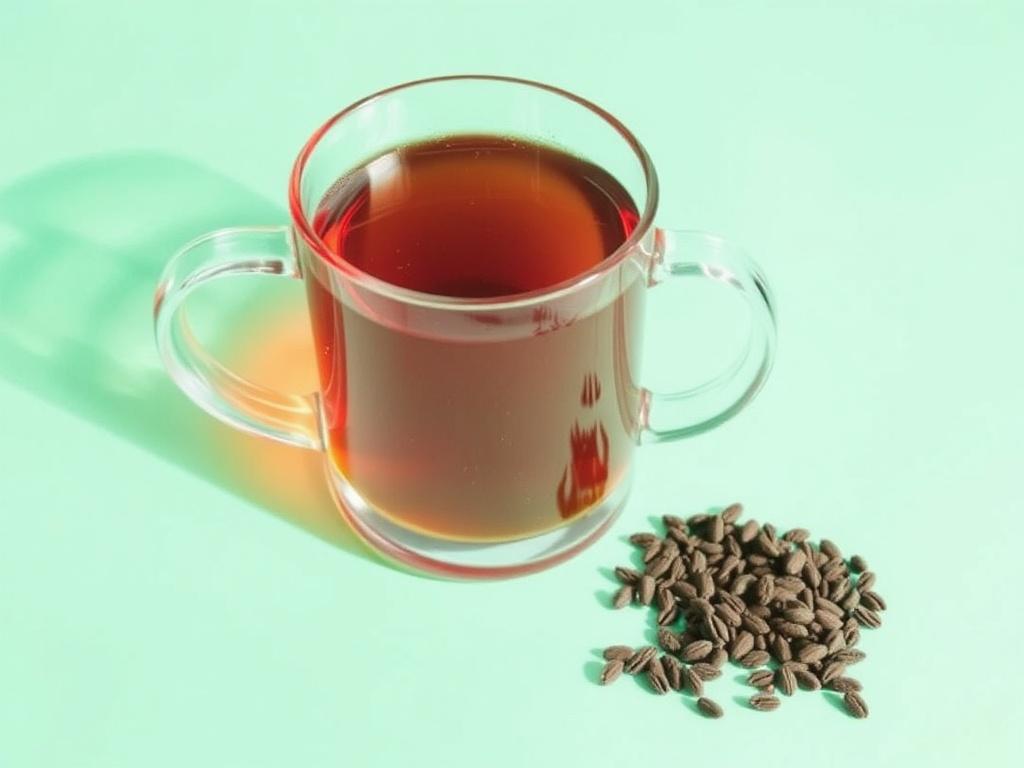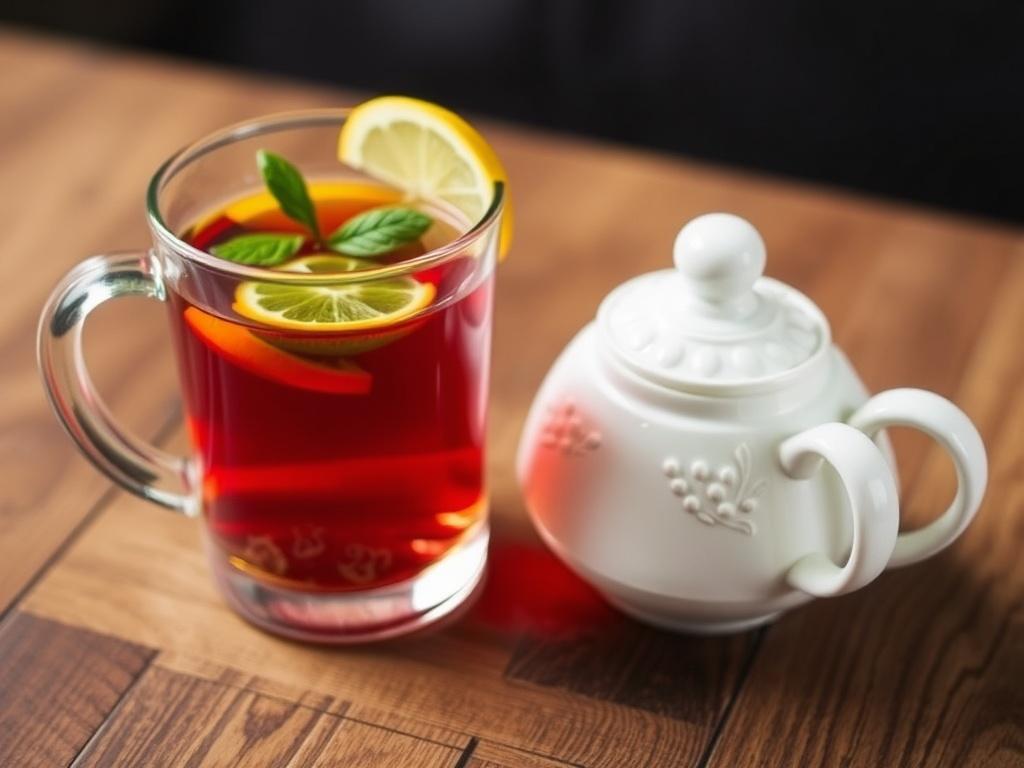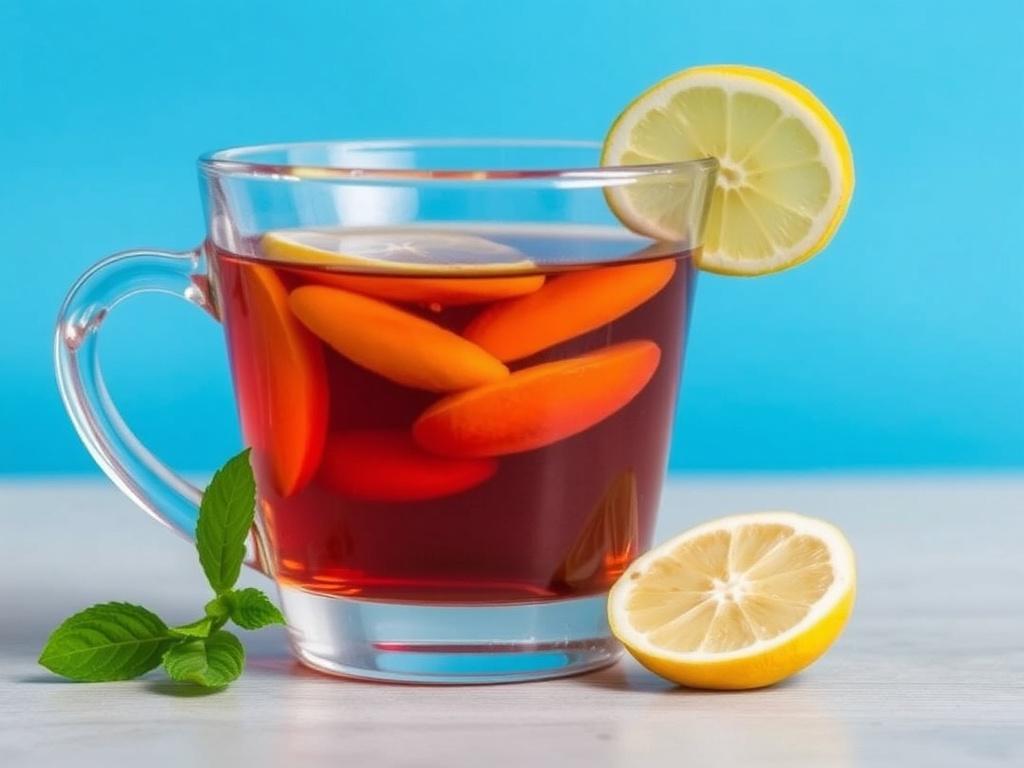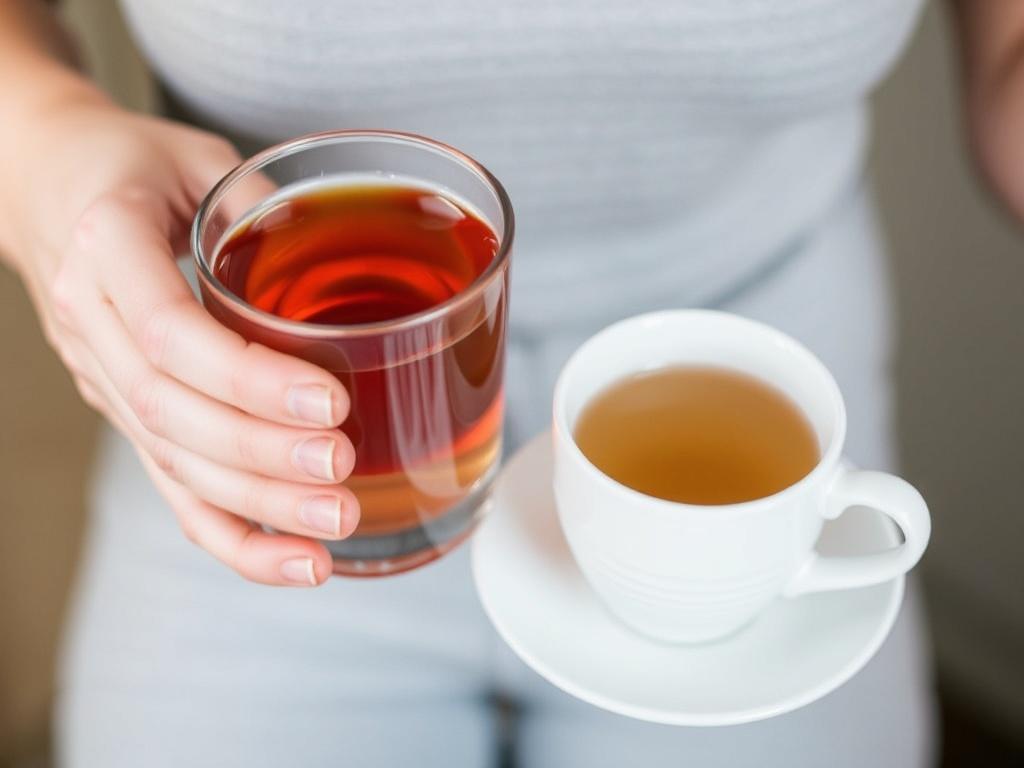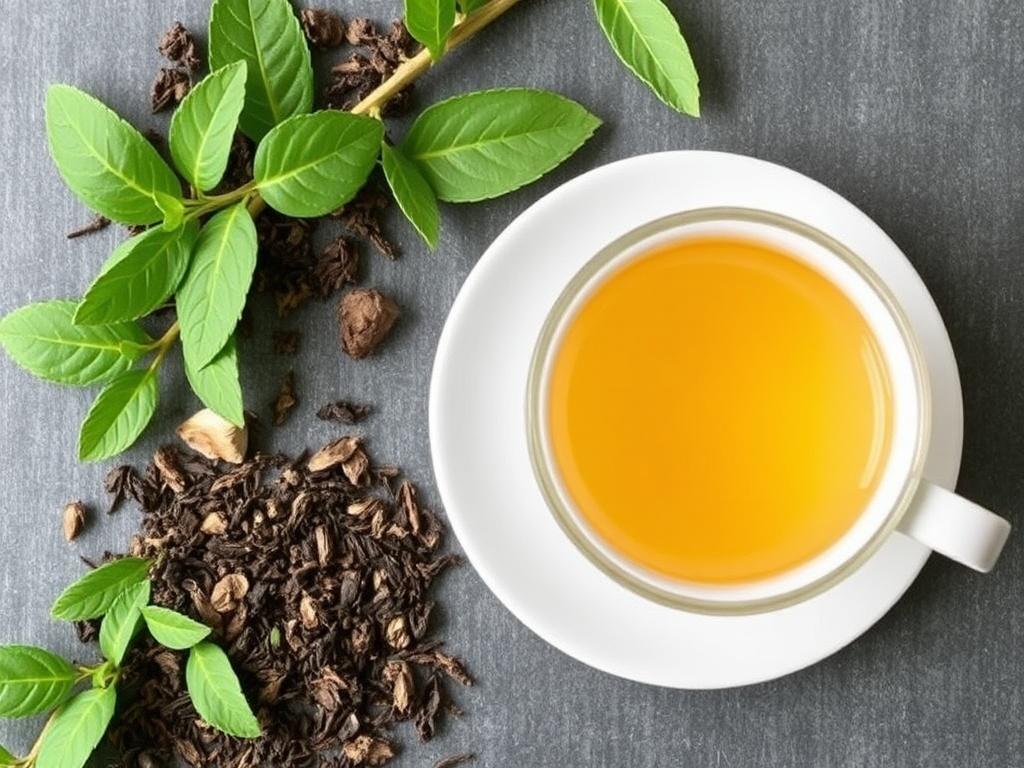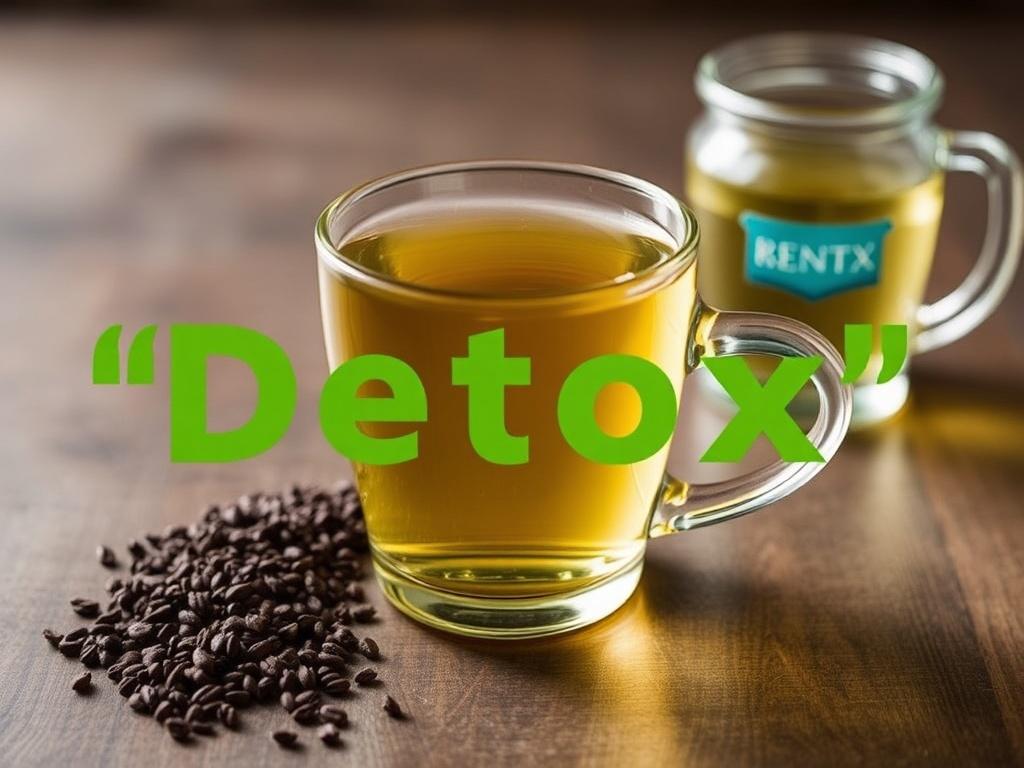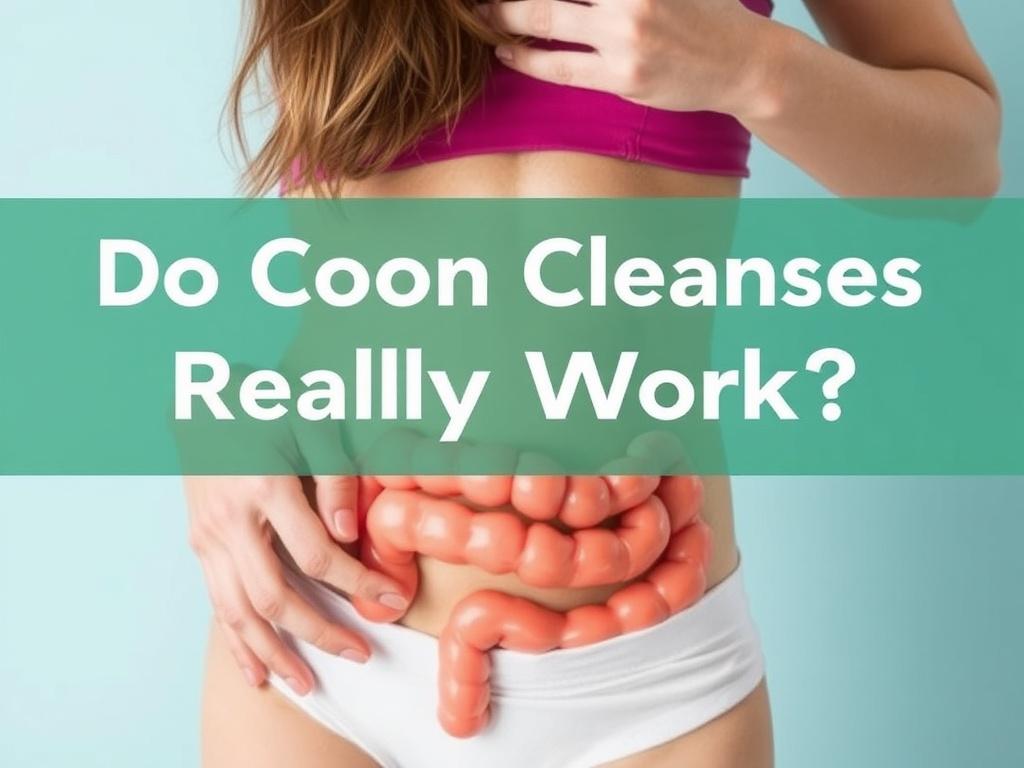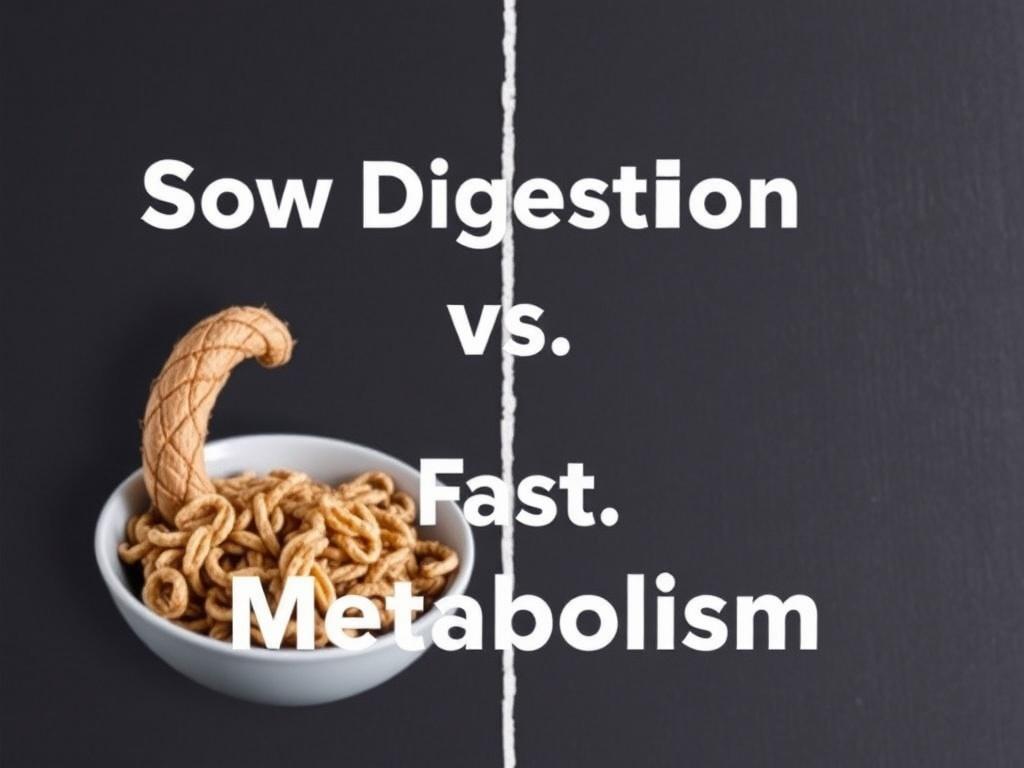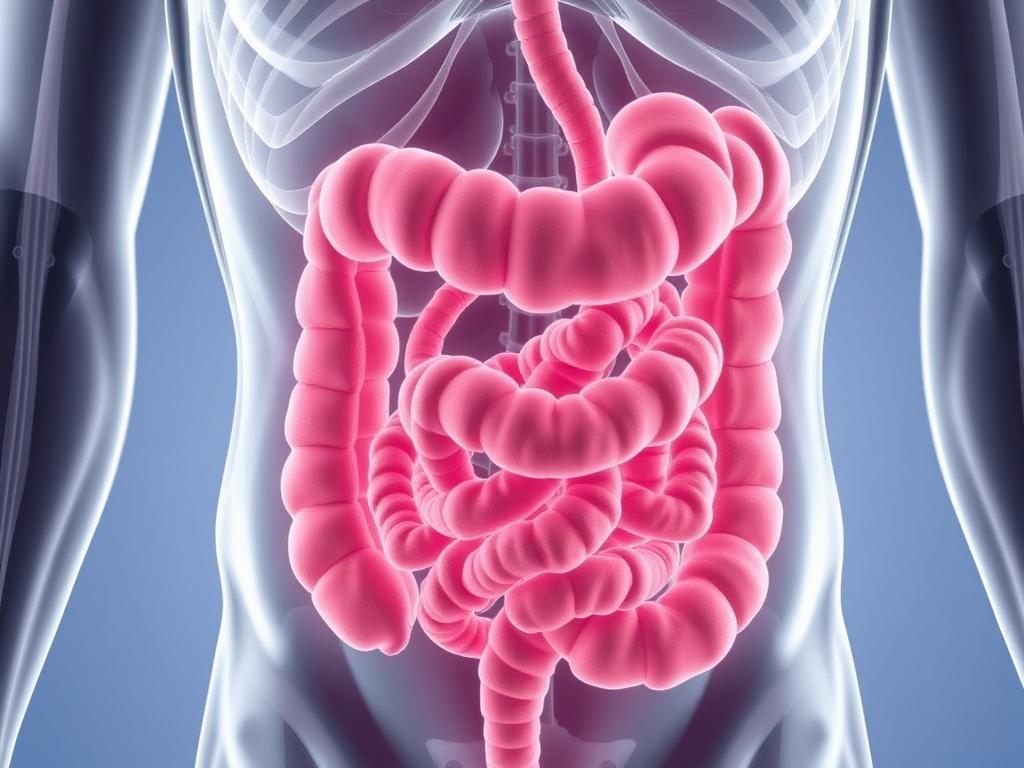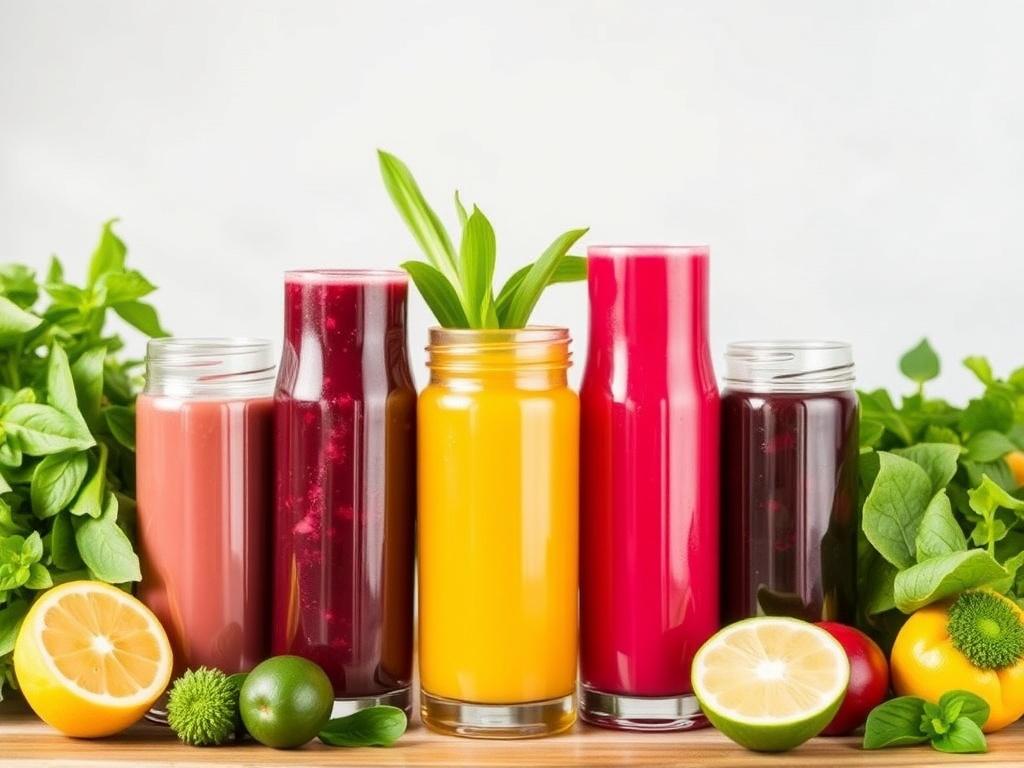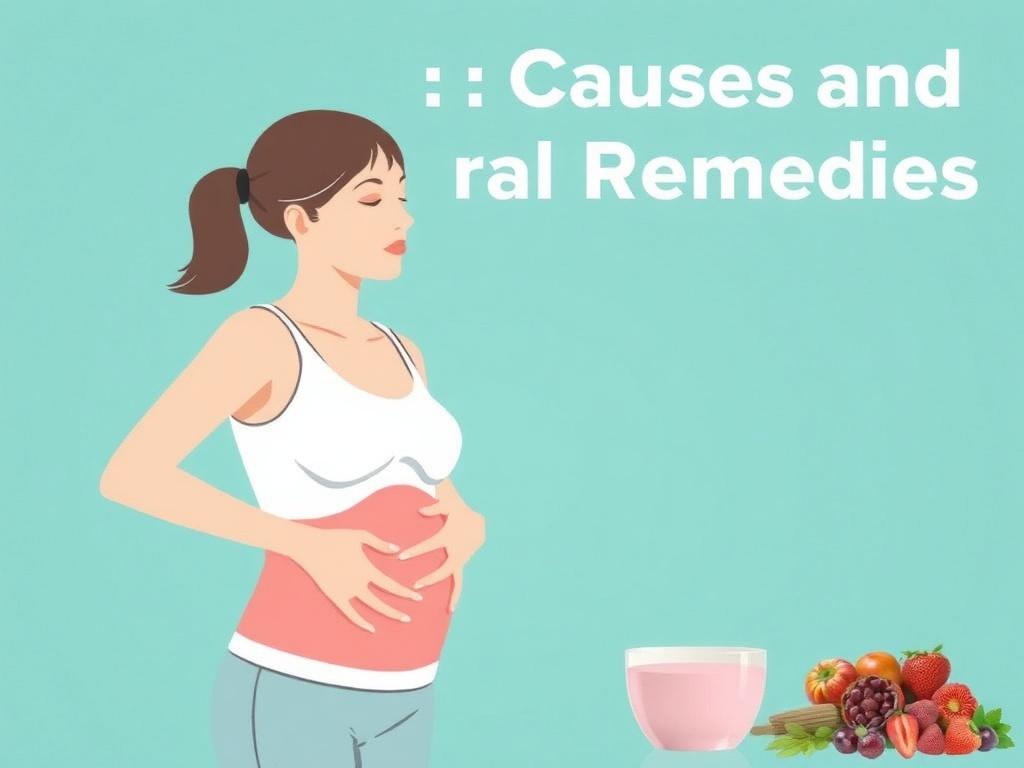Detox teas promise dramatic changes in a tiny teabag: a flatter belly, clearer skin, boosted energy, and the feeling of having «flushed out» months of unhealthy choices. They look pretty on Instagram, come in pastel packaging, and often have influencers holding them up next to fresh fruit. But what happens after you steep the tea and swallow the claims? Does a daily cup really cleanse your liver, reset your metabolism, or melt away fat? This article unpacks the science, the marketing, the risks, and some sensible alternatives. Read on — you’ll learn how these teas work, what the evidence says, and how to make safer choices for your health.
What Exactly Is a «Detox» Tea?
«Detox» tea is a broad label. Some companies sell herbal blends marketed to help the body remove toxins, reduce bloating, or support weight loss. Others are simply marketed as «cleansing» or «weight-loss» teas. The term detox implies that your body is full of harmful substances that a tea will remove, but that framing doesn’t match how human biology works.
Your liver, kidneys, lungs, skin, and digestive system already do the heavy lifting of removing waste and metabolizing substances. True detoxification — as used in medicine — usually refers to treating someone exposed to a harmful substance (like a drug or poison) under clinical supervision. Drinking a tea marketed as detox is not the same thing.
Still, many people enjoy herbal teas for their taste, warmth, ritual, or mild physiological effects. The important question is which effects are real, which are placebo or marketing, and which could be harmful.
There are a few categories of «detox» teas:
- Herbal blends with diuretics (increase urine output) or laxatives (increase bowel movements).
- Teas containing caffeine or green tea extracts that can mildly increase metabolism or energy.
- Products with added vitamins or probiotics that aim to support digestion.
- Pure herbal infusions (e.g., chamomile, peppermint) sold as «cleanse» teas more for relaxation than physiological detox.
Common Ingredients: What You’ll See in a Teabag
Many detox teas use a mix of botanicals. Some ingredients are benign and traditionally used for flavor or digestion; others have more active effects that can be problematic if overused. The following table outlines common ingredients, why they’re used, what evidence exists for their effects, and potential risks.
| Ingredient | Why It’s Used | What Science Shows | Potential Risks |
|---|---|---|---|
| Senna | Laxative to relieve constipation and induce bowel movements | Effective stimulant laxative when taken regularly; leads to bowel evacuation | Cramping, diarrhea, dehydration, electrolyte imbalance, dependency with long-term use |
| Dandelion | Mild diuretic and digestive support | Some diuretic action; limited clinical evidence for detox claims | Can cause allergic reactions; interacts with diuretic drugs |
| Green tea extract / caffeine | Increase alertness, slightly boost metabolism | Modest metabolism increase; some weight loss studies show small effects | Insomnia, heart palpitations, caffeine sensitivity; rare severe liver injury with concentrated extracts |
| Licorice root | Flavoring and digestive aid | Glycyrrhizin can affect blood pressure and potassium levels | High blood pressure, hypokalemia, dangerous in excess or with certain medications |
| Milk thistle | Marketed to support liver health | Some liver-related studies but mixed results; not a proven cure for liver disease | Generally well tolerated but can cause digestive upset or allergic reactions |
| Peppermint, ginger, chamomile | Soothing, aid digestion, taste | Can reduce bloating and nausea for some people; calming effects | Usually low risk; peppermint can worsen reflux in some people |
Bottom line on ingredients
Many detox teas are a mix of harmless herbs and more active compounds like senna or high-dose green tea extracts. Harmless herbs can help you feel better through taste and ritual, but active laxatives and concentrated extracts can cause real physiological effects — not all of them good.
How «Detox» Teas Are Supposed to Work
If you read the marketing, the explanation is simple: «toxins» build up from poor diet, pollution, or late nights; the tea helps flush them out. It sounds cleansing, almost spiritual. Scientifically, though, the mechanism is often one of three things: laxation (increased bowel movements), diuresis (increased urination), or stimulation (caffeine causing metabolic changes). Those actions can create sensations — lighter, less bloated, energized — that feel like a detox.
Why the sensations can be misleading
— Laxatives remove stool and water, which can make you feel lighter for a short time but do not remove fat or detoxify systemic toxins.
— Diuretics reduce water retention; the weight change is mostly fluid and temporary.
— Caffeine increases alertness and can modestly increase calorie burn, but effects are small and temporary.
So much of the perceived benefit is immediate and temporary. If you stop the tea, the body’s baseline returns. Marketing often frames this temporary change as a lasting transformation.
What Does the Science Say?
The short answer: evidence for long-term cleansing, toxin removal, or significant weight loss from detox teas is weak to nonexistent. Here are the main findings from clinical and physiological perspectives.
1. Laxatives don’t remove «toxins»
Stimulant laxatives (like senna) increase intestinal motility and cause more frequent bowel movements. They can be medically useful for short-term constipation. They do not, however, alter the liver’s processing of chemicals or remove systemic toxins stored in fat or the bloodstream.
Long-term use of stimulant laxatives can cause dependency, electrolyte disturbances, and damage to colon function, ironically making constipation worse over time.
2. Diuretics are temporary and risky
Herbs with diuretic effects reduce water weight. For someone who is bloated from fluid retention, a diuretic can provide symptomatic relief. But repeated or aggressive diuresis can cause dehydration and electrolyte imbalances, leading to dizziness, fainting, or kidney stress.
3. Caffeine and green tea provide modest metabolic boosts
Caffeine and certain compounds in green tea (catechins) can increase energy expenditure slightly. Meta-analyses show small reductions in body weight when combined with lifestyle changes, but these effects are modest and inconsistent. Concentrated green tea extracts have been associated in rare cases with liver injury; whole-leaf brewed tea is generally safer.
4. Clinical trials on detox programs are sparse
There is a surprising lack of high-quality randomized trials demonstrating that detox teas remove toxins or improve long-term health outcomes. Most «detox» benefits in studies are subjective (feeling lighter, less bloated) and not tied to objective markers of toxin removal.
Risks, Side Effects, and Who Should Be Cautious
Not all herbal teas are dangerous, but certain groups should be especially careful: pregnant or breastfeeding people, people with kidney disease, those on blood thinners or blood pressure medication, and anyone with chronic gastrointestinal problems.
Common side effects
- Diarrhea and abdominal cramping (especially with stimulant laxatives like senna).
- Dehydration and electrolyte imbalance (from excessive laxative or diuretic use).
- Heart palpitations, anxiety, or insomnia (from high caffeine content).
- Allergic reactions to herbal components (e.g., ragweed allergies and chamomile).
- Medication interactions (e.g., licorice raising blood pressure, affecting drugs).
Serious but rare risks
- Severe electrolyte abnormalities leading to cardiac arrhythmias.
- Acute kidney injury from dehydration or nephrotoxic herbs.
- Liver injury linked to concentrated herbal extracts or contaminants.
If you have existing medical conditions or are taking medications, consult a healthcare professional before using detox teas regularly.
How These Teas Are Regulated — and Why That Matters
In many countries, herbal teas and dietary supplements are regulated differently than prescription drugs. This means manufacturers do not need to prove safety or efficacy before marketing their products. Labels may carry vague claims like «supports natural cleansing» rather than explicit medical claims because regulatory frameworks allow this.
Because of limited regulation, product quality can vary widely. Contamination, inaccurate dosing, and mislabeling occur. Some teas have been found to contain higher-than-advertised levels of active compounds, or to be contaminated with heavy metals or prescription drug residues. Buyer beware.
How to Evaluate a Detox Tea — A Practical Checklist
When you’re shopping or scrolling, here are practical questions to ask about any detox tea:
- What are the ingredients? Look for senna, cascara, or other stimulant laxatives if you want to avoid laxation.
- Does it list the amount of active ingredient (e.g., mg of green tea extract) or just the herb name?
- Are there warnings for pregnant or breastfeeding people, or for those with medical conditions?
- Does the company provide third-party testing or certificates of analysis?
- Are there clear, evidence-based claims, or mostly anecdotal testimonials and before/after photos?
Use this checklist to make more informed purchasing decisions.
Comparing «Claims» vs. «Reality»
Below is a simple table that contrasts common marketing claims with what is realistically supported.
| Common Claim | What the Product Does | Reality |
|---|---|---|
| «Flushes toxins from your body» | May increase bowel movements or urine output | Laxation and diuresis remove stool and water, not systemic toxins stored in tissues |
| «Kickstarts weight loss» | May cause temporary water weight loss; caffeine may slightly boost metabolism | Any weight loss is usually temporary without diet/exercise changes |
| «Cleanses your liver» | Some herbs marketed for liver support contain antioxidants | No evidence that teas cure or «cleanse» diseased livers; medical treatment needed for liver disease |
| «Boosts energy and mood» | Caffeine and pleasant ritual can increase alertness and wellbeing | Short-term improvement, not a substitute for sleep, nutrition, or medical care |
Safe Alternatives That Support Your Body’s Natural Detox Systems
If your goal is to feel healthier and support your body’s natural detox functions, consider evidence-based and low-risk options.
Nutrition and hydration
Drinking enough water supports kidney function and helps with hydration-related bloating. Eating a balanced diet rich in fiber, vegetables, and lean protein supports regular bowel movements and reduces toxic load from processed foods.
Physical activity
Exercise improves circulation and helps the body regulate metabolism. Sweat does remove trace substances, and movement supports bowel regularity.
Sleep and stress management
Sleep is crucial for brain clearance processes (e.g., glymphatic system). Managing stress with mindfulness, therapy, or relaxation exercises supports digestion and hormonal balance.
Evidence-based supplements and medical support
If you have a medical concern (e.g., elevated liver enzymes, chronic constipation), seek medical advice. Specific treatments or supplements (prescribed or recommended by a clinician) may help where teas won’t. For constipation, fiber, hydration, and sometimes osmotic laxatives under guidance are safer than chronic stimulant laxatives.
How to Use Teas More Safely — Practical Tips
If you enjoy herbal teas and want to avoid harm, here are practical, conservative strategies.
- Choose single-ingredient herbal teas (peppermint, ginger, chamomile) instead of «detox» blends with laxatives or unknown extracts.
- Avoid products that contain senna, cascara, or other stimulant laxatives unless recommended short-term by a clinician.
- Limit any caffeinated teas to recommended daily caffeine intake; combine with decaf or herbal blends if sensitive.
- Read labels and avoid proprietary blends that don’t disclose amounts of active extracts.
- Check for third-party testing or buy from reputable brands with transparent sourcing.
- If you experience severe diarrhea, weakness, fainting, heart palpitations, or breathing trouble after using a tea, stop immediately and seek medical attention.
DIY gentle «support» teas you can try
If you want a comforting ritual without laxatives or harsh extracts, try these gentle blends:
- Peppermint + ginger: soothing to digestion, helps with nausea and bloating.
- Chamomile + lemon balm: calming and good for sleep.
- Green tea (brewed, not extract) + lemon: modest energy boost and antioxidant benefits.
- Dandelion root (sparingly) with mint: mild diuretic effect, but avoid if on diuretics or with kidney issues.
Navigating Marketing: Questions to Ask the Brand
Brands use storytelling. To see through the narrative, ask concrete questions:
Is there scientific evidence for the specific product?
Studies on individual ingredients are not the same as studies on a branded product. Look for clinical trials on the exact product if you want meaningful evidence.
Are the effects short-term or long-term?
Marketing focuses on immediate sensations. Ask whether benefits persist after stopping the tea.
Is the company transparent about sourcing and testing?
Quality companies provide ingredient lists, batch testing, and third-party verification. Lack of transparency is a red flag.
Common Myths Debunked
- Myth: Detox teas will remove fat from the body. Fact: They may reduce water weight, but they don’t directly burn fat.
- Myth: Feeling lighter always means you removed toxins. Fact: Feeling lighter often means you lost water or stool, not toxins.
- Myth: Natural means safe. Fact: Natural herbs can be powerful and interact with medications or cause harm in high doses.
- Myth: If it works for one person, it will work for everyone. Fact: Individual responses vary widely because of physiology, medications, and underlying conditions.
Realistic Expectations: What a Tea Can and Can’t Do
A tea can offer a comforting ritual, mild digestive relief, temporary reduction in bloating, or a small caffeine boost. It cannot cure systemic disease, reliably remove accumulated environmental toxins, or produce lasting weight loss on its own. When used carefully and occasionally, many herbal teas are a pleasant addition to a healthy lifestyle. When used as a quick fix or long-term substitute for balanced nutrition and medical care, they can be harmful.
When to see a professional
If you have chronic constipation, unexplained weight changes, persistent fatigue, abnormal liver or kidney tests, or are taking prescription medications, consult a healthcare provider before starting any regular herbal supplement or detox regimen.
FAQ: Quick Answers to Common Questions
Are any detox teas clinically proven to «cleanse» the body?
No. There is no high-quality evidence that detox teas remove toxins in a clinically meaningful way. Benefits are typically subjective or temporary.
Can detox teas help you lose weight?
They may cause temporary water or stool weight loss. Long-term weight loss requires lifestyle changes like calorie control and physical activity.
Are detox teas safe for everyone?
No. Pregnant and breastfeeding people, those with chronic diseases, and those on medications should be cautious. Laxative-containing teas should not be used long-term.
Is green tea safer than branded «detox» blends?
Plain brewed green tea is generally safer than unknown proprietary blends or concentrated extracts but still contains caffeine. Avoid high-dose extracts unless advised by a clinician.
Real Users’ Stories: Why People Reach for Detox Teas
People choose detox teas for many reasons: a desire for quick change after holidays, a social ritual that feels like self-care, the influence of social media, or hope for relief from irregular digestion. These motivations are understandable. The key is to recognize that a comforting ritual can coexist with realistic expectations and safe choices. If the ritual makes you drink more water, relax, and eat fewer processed snacks, it might indirectly support health — but the tea itself isn’t the cure.
When a tea becomes a crutch
Some people develop a dependency on stimulant laxatives to have a bowel movement. This is not healthy. If you find your digestive pattern depends on a tea every day to function, it’s time to see a clinician. There are safer, long-term strategies for bowel regularity, such as increasing dietary fiber, hydration, activity, and addressing medical causes.
How to Move Forward: A Balanced Approach
If you enjoy a «detox» tea occasionally, choose one with gentle ingredients, avoid stimulant laxatives, and focus on supporting your body’s natural systems through diet, sleep, exercise, and medical care when needed. If you’re drawn to the ritual for emotional reasons, try to pair it with sustainable habits: plan a walk after your tea, drink water throughout the day, or use a tea break as a mindful pause instead of a shortcut to wellness.
Quick action plan
- Read labels closely; avoid senna and other stimulant laxatives for daily use.
- Limit caffeine and avoid concentrated extracts unless advised by a clinician.
- Support digestion through fiber and hydration first.
- Use teas as a supportive ritual, not a medical treatment.
- Discuss persistent symptoms or regular tea use with a healthcare provider.
Resources and Further Reading
There are reputable sources for learning more about herbal products, dietary supplements, and their safety profiles. Organizations like national health institutes, poison control centers, and professional societies publish guides that can help you separate marketing from evidence. If in doubt, consult a healthcare provider with expertise in nutrition or integrative medicine.
Conclusion
Detox teas often deliver short-lived sensations — less bloating, a lighter feeling, or an energy boost — largely through laxatives, diuretics, or caffeine, but they don’t actually cleanse your body of stored toxins or produce lasting weight loss. Some ingredients are harmless and pleasant; others can produce cramps, dehydration, electrolyte imbalances, or interact badly with medications. The best approach is skeptical and practical: enjoy gentle herbal teas for comfort, prioritize hydration, fiber, sleep, and movement for real support of your body’s detox systems, and consult a healthcare professional before using potent or prolonged «detox» regimens.
Читайте далее:
